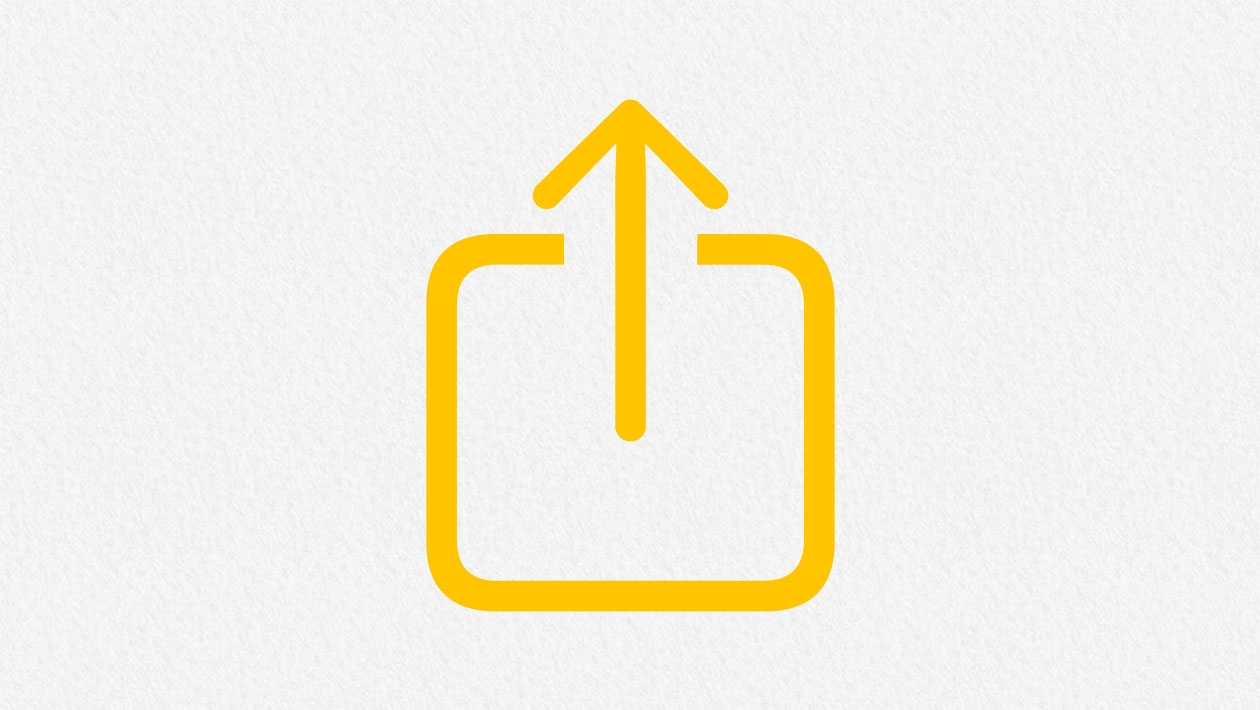As K-16 educators, we seek innovative ways to develop our students' research and critical thinking skills. One powerful method is using podcasting as a platform for student-led research projects. This approach enhances learning, develops critical research skills, and supports crucial communication abilities.
Podcasting offers an exciting platform for K-16 students to engage deeply with research topics while developing crucial skills for the future. K-16 teachers can use this innovative appraoch to engage students and develop critical thinking abilities. By creating podcast projects, students dive deep into research topics while improving their digital literacy. This approach enhances learning and prepares students for future academic and professional challenges. By integrating podcasting into your classroom, you can inspire creativity, foster collaboration, and empower students to become effective researchers and communicators.
Why Use Podcasting for Student Research?
Podcasting offers a unique avenue supporting student engagement as they develop their research skills and develop essential 21st-century skills:
- Enhance Research Competency: Students learn to define research questions, evaluate sources, and synthesize findings.
- Improve Communication Skills: Learners articulate complex ideas clearly for a real audience.
- Foster Collaboration: Group podcast projects encourage teamwork and peer learning.
- Boost Technology Literacy: Students gain proficiency in digital audio tools.
- Amplify Student Voice: Podcasts can be shared widely, showcasing student work beyond the classroom.
Focusing on the RESEARCH
Podcasting as research creates a rich space for student inquiry. Students can do book and article reviews, talk to experts, or collect their own data through surveys. History podcasts can use primary sources to tell stories about the past. Science podcasts can explain studies or share results from simple experiments. Remember, the key is to make complex information easy to understand for listeners.
There are various types of podcasts students can create, such as interviews, narrative stories, or roundtable discussions, each offering unique ways to present research. While entertainment podcasts prioritize listener engagement, research podcasts focus on presenting accurate, well-sourced information. The key is to find a balance between these approaches, creating content that is both educational and captivating for the audience.
When creating educational podcasts, it's crucial to distinguish between voice and research, ensuring that personal opinions are balanced with factual information. Guiding questions can help students focus their research and structure their podcast content effectively. A good educational podcast strikes a balance between being informative and engaging, using storytelling techniques to make research findings more accessible.
Implementing a Podcast Research Project in Your Classroom
The provided resource will guide you in centering research in podcasting.
To integrate podcasting for research projects, start by helping students choose curriculum-aligned topics and defining (and refining) their research questions.
Next, teach them how to evaluate sources critically and take effective notes.
Guide your students in organizing their research into clear, coherent scripts as they plan for their podcast series and each podcast episode.
Then, show them how to record and edit their podcasts using available technology. I recommend using Garageband, but there are other apps that students may consider, such as Podbean, Podcastle, Riverside (Spotify), WeVideo. ClipChamp, Audacity, Alitu, or Reaper.
After recording, have students edit their work and incorporate feedback from both peers and you. I place my students in triads and have them submit "glows" and "grows" to one another.
Assist your students in publishing and sharing their finished podcasts on appropriate platforms, such as Apple Podcasts. Other options might include SoundCloud or Spotify.
Finally, have your students reflect on their learning. What were their findings from their research and what are their next steps?
This provided guide supports students in developing their content prior to recording it and reflecting on their learning at the end of the process.
Key Benefits of Podcast-Based Research Projects
Using podcasting as a vehicle for research supports students in:
- Developing comprehensive research skills
- Enhancing clear communication of complex ideas
- Gaining confidence in public speaking
- Giving and receiving constructive feedback
- Building technological proficiency for the digital age
How to Elevate Research Skills in Podcast Projects
Maximize research skill development with these strategies:
- Explicitly teach each step of the research process
- Provide guidance on evaluating credible sources
- Encourage critical thinking and information analysis
- Incorporate regular reflection on the research process
- Assess research skills, communication, and critical thinking
Real-World Example: Local History Podcast Project
Imagine a middle school social studies class creating a podcast series on local history. This project develops research skills while connecting students to their community's heritage. Students could:
- Research different aspects of their town's past
- Conduct interviews with long-time residents
- Explore local archives
- Synthesize information into engaging podcast episodes
Call to Action: Ready to try podcasting in your classroom? Start with a single-episode assignment and see how your students respond. Share your experiences or questions about implementing podcast research projects in the comments below!
Keywords: podcasting, student research skills, K-12 education, classroom projects, digital literacy, communication skills, project-based learning














Attach up to 5 files which will be available for other members to download.